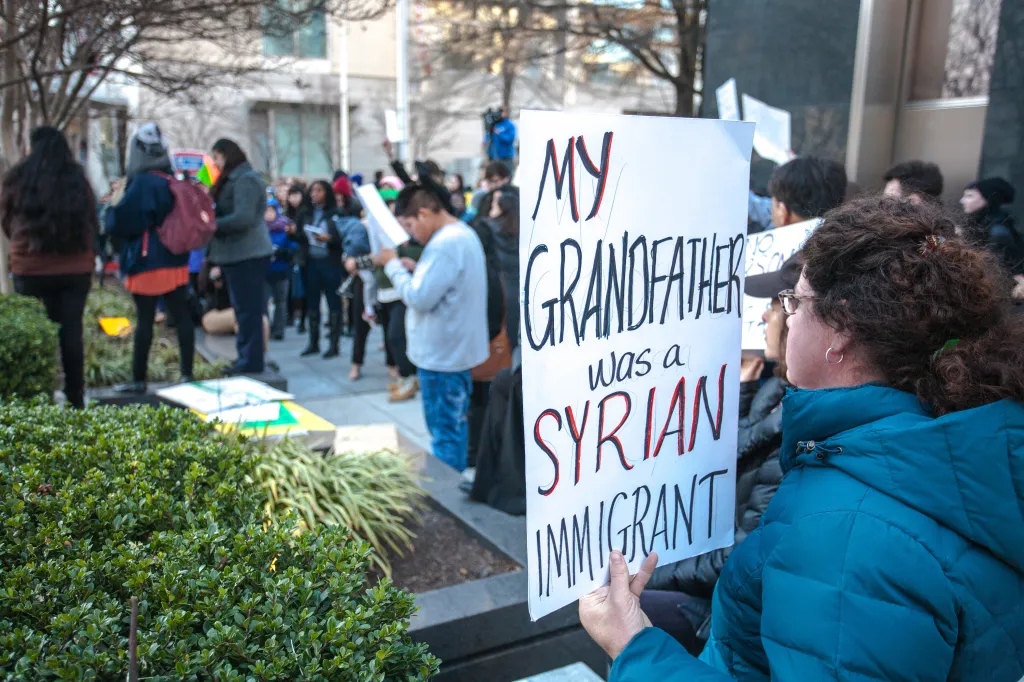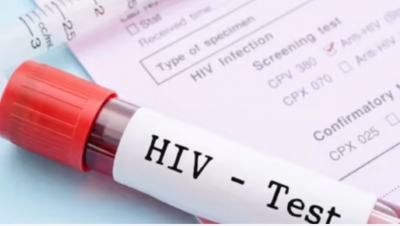Copyright Norfolk Virginian-Pilot

RICHMOND — Recently proposed policy shifts in student loan forgiveness could transform the landscape for those who make legal services accessible to immigrants, transgender people and others in need. President Donald Trump issued an executive order earlier this year to modify the federal Public Service Loan Forgiveness program, or PSLF. The order states that PSLF was “abused” by the previous administration and supports activist organizations that harm national security and “American values.” PSLF was enacted in 2007 by former President George W. Bush to encourage individuals to work in public service by forgiving their remaining federal student loans after meeting specific criteria. The program grants student debt forgiveness to Direct Loan borrowers who make 120 qualifying monthly payments under a repayment plan. These payments must be made while working full time for a qualifying employer, such as a government organization, public higher education institution or certain nonprofits. The Biden administration cancelled student loans for over 1 million public service workers through the program. Trump’s executive order states the Secretary of Education Linda McMahon, with input from the Secretary of the Treasury Scott Bessent, will revise PSLF. They will ensure the definition of public service excludes nonprofits that have “substantial illegal purpose.” The executive order identifies illegal purposes as aiding violations of immigration law, terrorism and transgender youth support. Tara Casey, a lawyer and the director of the Harry L. Carrico Center for Pro Bono & Public Service at the University of Richmond’s School of Law, highlighted the lack of clarity on what these proposed changes mean in practice. “What does this mean for groups that are working for individuals who are being held in detention centers who may lack documented status?” Casey said. “I also look at the definitions and what does that mean for organizations that are working for trans youth?” Casey said lawyers are bound by an oath to uphold the law, and the current administration’s vague definition of “substantial illegal purpose” is concerning. It is a matter of who is making these judgments, she said. She questioned whether the legality of these decisions reflects the law or just an administration’s priorities. Should these proposals become policy, Casey questioned how the Department of Education will process applicants who work for organizations that assist undocumented immigrants. Another concern is that people within these communities will not seek help due to fear of repercussions, according to Casey. “That’s what I am fearful [of] for the community,” Casey said. “That people will not reach out for health services, they will not reach out for education services, they will not reach out for social services.” For individuals in need, Casey recommended the Sacred Heart Center, an organization that supports Latino communities. Despite these challenges, Casey is optimistic about the future of immigration law practitioners. The lawyers and law students are committed to the community, according to Casey. She also encouraged others to be engaged by voting. “Please, please, please register to vote,” Casey said. “Make a plan to vote. Get out the vote.” Miriam Airington-Fisher, an immigration lawyer and founder of Las Abogadas RVA, believes the proposed PSLF changes are a direct attack on the legal profession and show a misunderstanding in preserving the integrity of law institutions. “Nonprofits serve the most vulnerable people in society,” she said. “That approach seems to really miss the point of our legal system, which is that our laws protect everybody.” Lawyers have a responsibility to test and maintain the integrity of those laws, regardless of controversy, according to Airington-Fisher. PSLF is a “partial equalizer” that makes public interest legal careers more financially feasible by aiding student debt, according to Airington-Fisher. Without it, it would make such careers inaccessible for many. “Most lawyers came into law because of a real passion for it rather than just the prospect of making money,” she said. “But when there’s a huge discrepancy in compensation, benefits, things like that, there are just economic realities that people have to consider.” The changes are currently under review, with an expected implementation date of at least July 2026. Over 10,000 comments were submitted in response to the proposed policy change. Capital News Service is a program of Virginia Commonwealth University’s Robertson School of Communication. Students in the program provide state government coverage for a variety of media outlets in Virginia.



